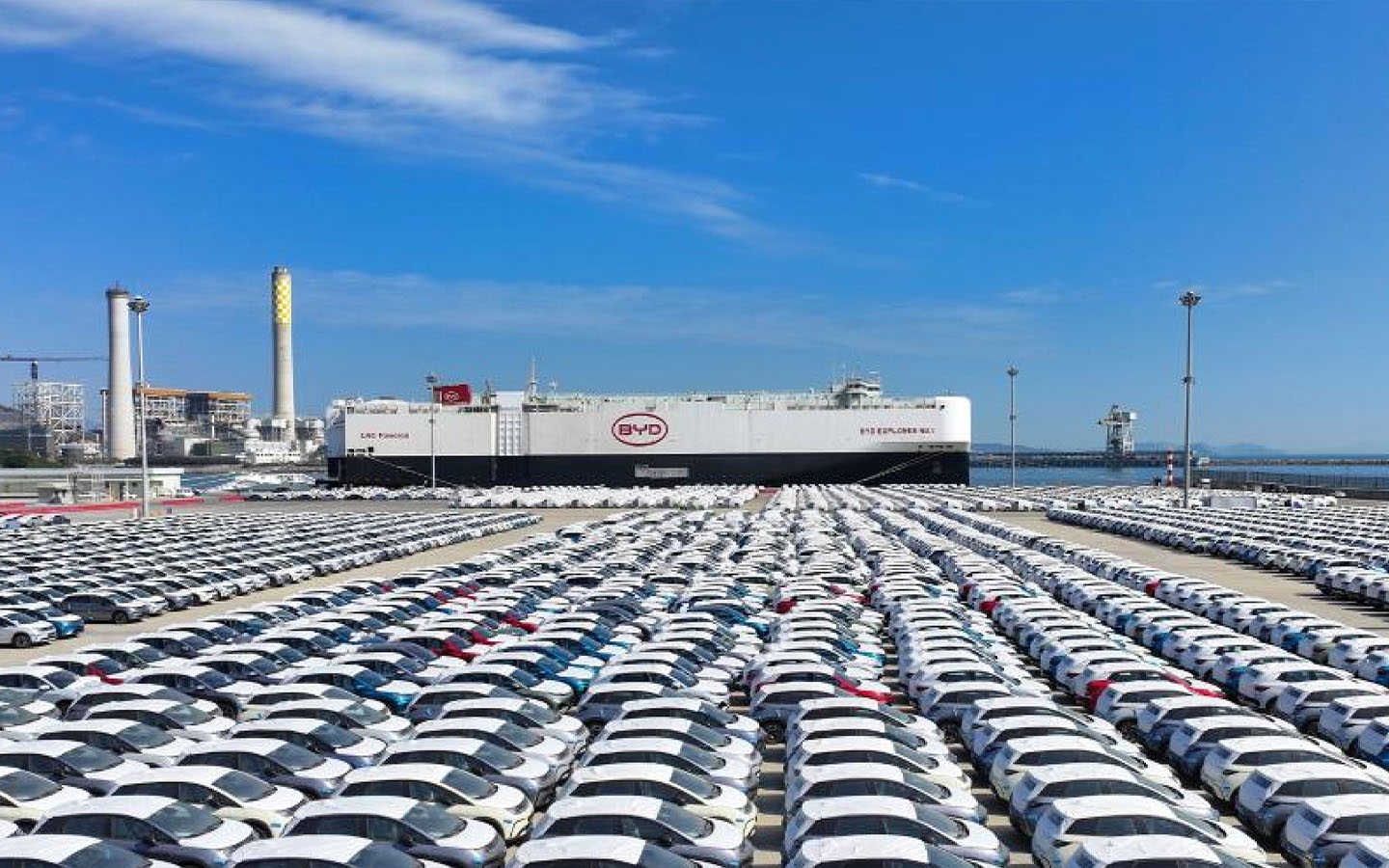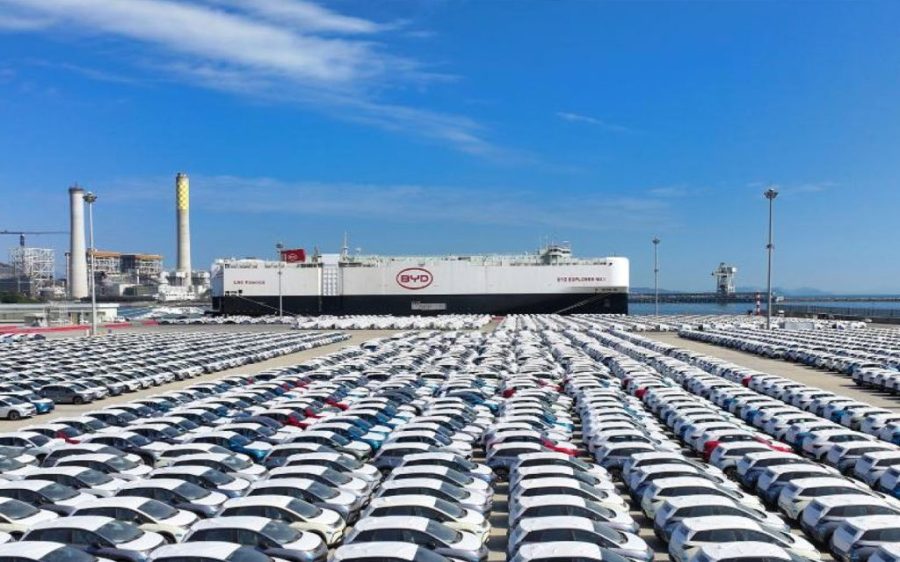BYD has ramped up exports to Brazil ahead of an imminent tariff hike, shipping record numbers of electric vehicles (EVs) as the future of its production ambitions in Brazil appear less certain, reports Reuters.
Sales of fully electric and hybrid vehicles are climbing fast in Brazil, the world’s sixth-largest car market, jumping 85 percent in 2024 to exceed 170,000 units, according to the Brazilian Association of Electric Vehicles (ABVE). EVs accounted for around 7 percent of all new car sales in the country – many from BYD, which saw its sales in Brazil soar nearly 328 percent last year, totalling 76,713 units.
However, the favourable tariff regime that first attracted the Chinese auto giant to the country in 2015 is changing. Imported EVs, made tariff-free a decade ago to spur adoption, now face a progressive set of tariffs, starting at 10 percent in January 2024, increasing every six months with an expected peak of 35 percent by July 2026.
Sitting at 18 percent now, the impost is set to jump to 25 percent in July with the powerful Brazilian automakers’ lobby Anfavea lobbying hard to push it to the peak a year early. A government spokesperson told Reuters that the request was under review.
Chinese automakers are expected to increase exports to Brazil by nearly 40 percent this year, to about 200,000, according to the country’s main auto association. Calculations from Reuters indicate that BYD has already shipped around 22,000 vehicles to Brazil this year, deploying the world’s largest car-carrying ship last month as part of the effort. Frontloading vehicle imports in the first half of the year also allows them to take advantage of a government policy allowing toll-free imports of up to US$169 million for plug-in hybrids and US$226 million for battery electric cars by July 2025.
[See more: The Brazilian labour authority has launched legal action against BYD]
While consumers may be eager to snap up the low-cost EVs, Brazilian automakers see the ramp up in imports as another indication that BYD is retreating from its commitment to establish a production base in the country.
A former Ford plant purchased by the company in 2023, hit a major snag in December 2024 when Brazilian authorities rescued 163 construction workers living in “slavery-like conditions” at the site. Although BYD denounced the contractor and cut ties, it still remains on the hook legally, and an investigation into the labour abuses pushed back the timeline for “fully functional” production to December 2026, local officials said last month.
“We support the arrival of new brands in Brazil to produce, promote the components sector, create jobs and bring new technologies,” Igor Calvet, president of Anfavea, told Reuters. “But from the moment that an excess of imports causes lower investment in production in Brazil, that worries us.”
He explained that his confederation of unions has not heard of any local supplier relationships being developed or contracts being signed for the BYD plant, as would normally be expected 18 months from the start of production. “Even if the factory is here – what value is it really adding if the components, development, and technology is all from abroad?” da Silva said.
Fellow Chinese firm GWM, which purchased a factory in Brazil in 2021, is set to begin producing its hybrid Haval H6 SUV next month. Ricardo Bastos, director of government relations at GWM Brazil and president of ABVE, told Reuters that while his company is in talks with around 100 Brazil-based suppliers to set up contracts, the infrastructure to produce all the necessary components for electric cars does not exist yet in Brazil.






